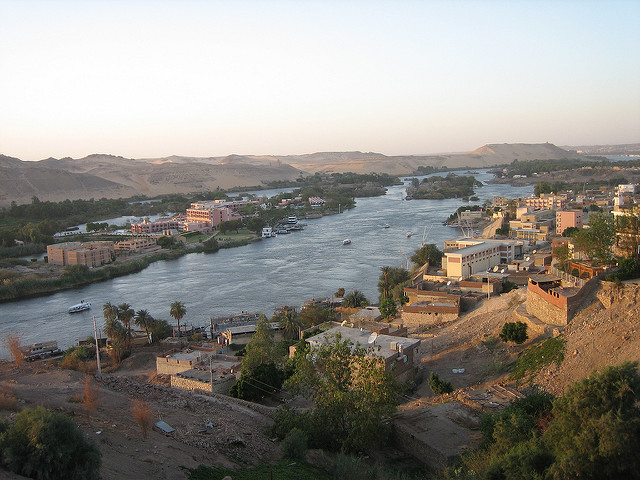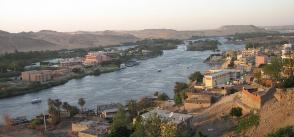
How to scale-up greywater reuse in Jordan and Egypt
Greywater – wastewater generated by household water use, excluding toilet water – is a potentially valuable resource. Studies show that between 50-70% of the total wastewater produced by a household can be treated and reused for irrigation, as well as for flushing toilets.
In Jordan, greywater treatment systems have been researched, designed, piloted, tweaked and disseminated over the past 17 years. Much funding and time has been invested into creating affordable, efficient and low-maintenance systems to treat greywater at the household level. But all of this research has not translated into large-scale adoption of the technology by households and smallholder farmers.
The situation is a bit different in Egypt. The country is only now investigating small-scale greywater treatment and reuse for irrigation as a way to alleviate water shortages, most notably within the water deprived governorate of Matrouh on Egypt's North coast.
Why are smallholders in Jordan not using greywater recycling technology? And what can be learned by from their experience to improve uptake in Egypt?
Read the full article by Louise Sarant et al. | via CGIAR WaterLandEcosystems.
[Photo by Jerome Bon | Flickr]







